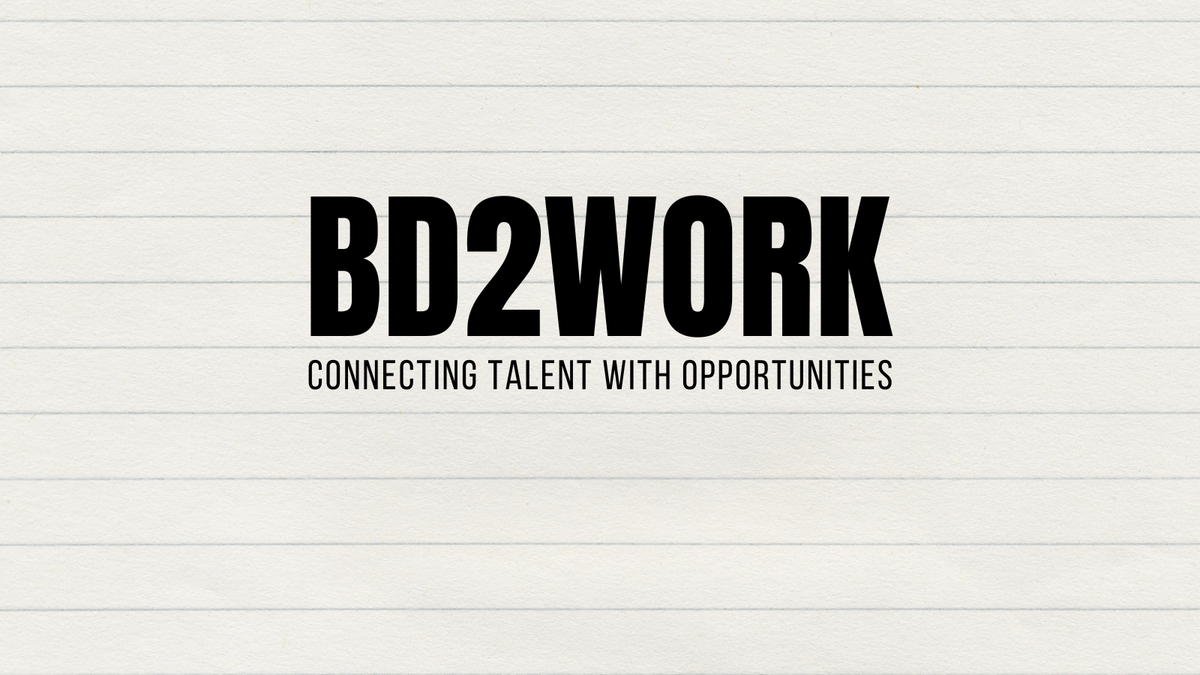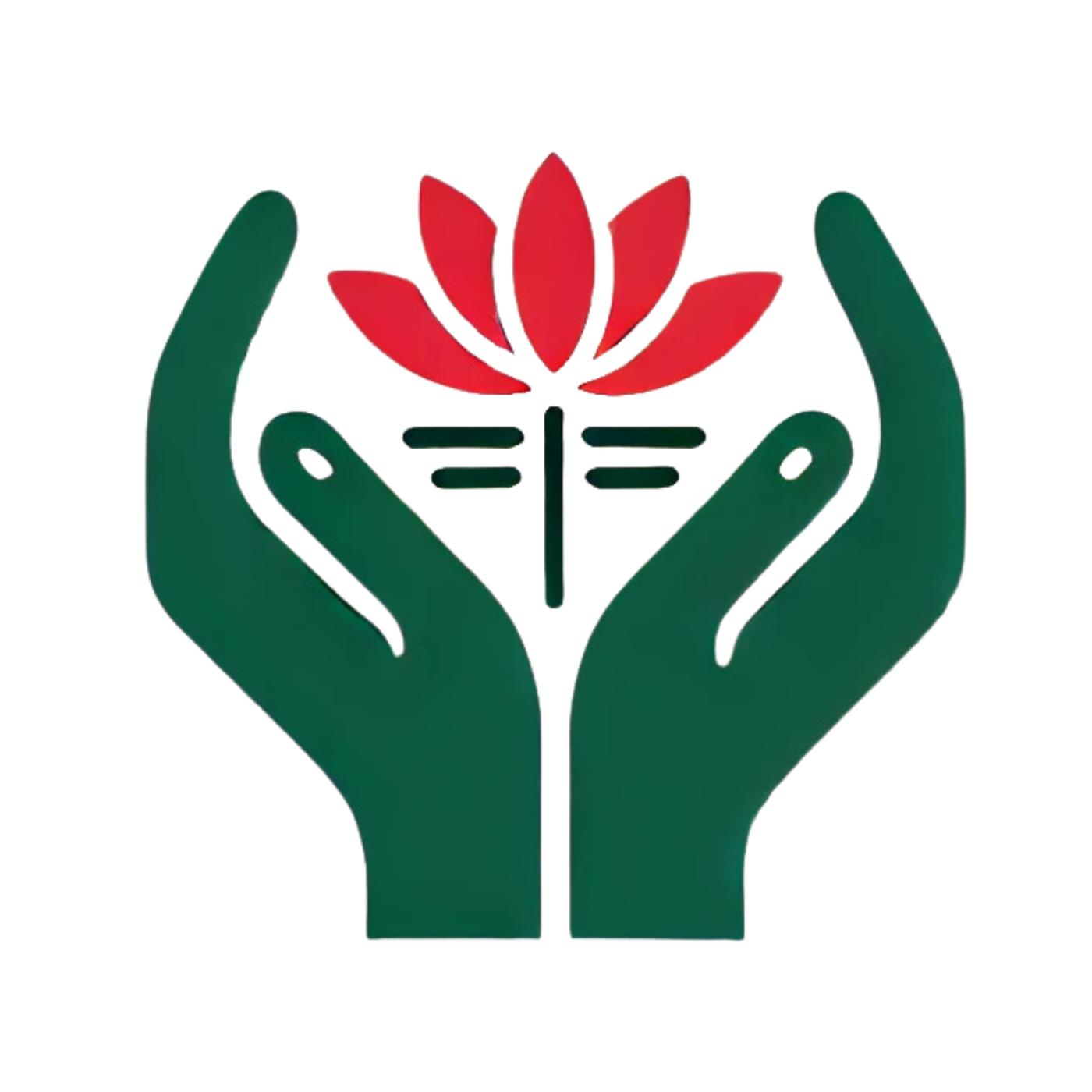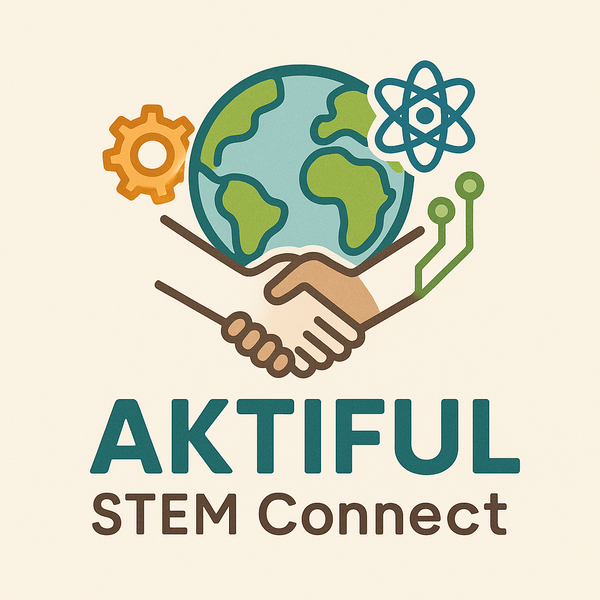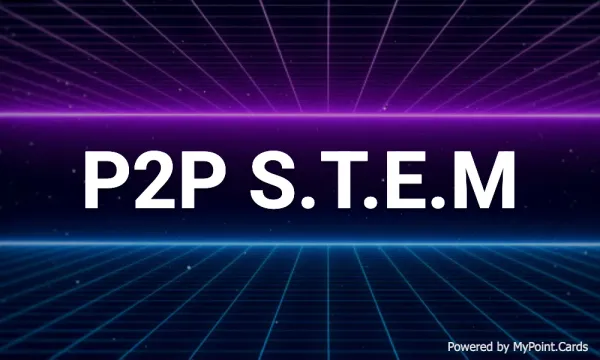Proposal: Bangladesh 2.0 Freelancers Marketplace

Bangladesh has a vast pool of skilled freelancers and a large expatriate community worldwide. There are almost 7.5 million Bangladeshis living abroad, sending about $23 billion in remittances back home annually (Bangladeshi diaspora - Wikipedia). At the same time, Bangladesh is home to over 650,000 active online freelancers who collectively earn around $1 billion per year from global clients (When will PayPal arrive in Bangladesh? | The Financial Express). This proposal outlines a plan to create a specialized freelancing marketplace portal that connects these two groups – enabling Bangladeshi expats in the US, Canada, UK, EU, and Australia to easily hire talented freelancers in Bangladesh. By leveraging cultural ties and addressing existing platform gaps (such as payment barriers), this portal can deliver value to expats as clients while empowering Bangladeshi freelancers with more job opportunities.
The following sections present a structured plan covering the business and marketing strategy, key marketplace features with payment integration, minimum viable product (MVP) requirements, plans for freelancer and influencer surveys, and an affiliate program design. The goal is to build a sustainable, scalable marketplace that makes it convenient for expatriate Bangladeshis to buy services from Bangladesh-based freelancers in a reliable, secure manner.
Business & Marketing Plan
Social Media and Paid Advertising Campaigns: We will utilize targeted social media campaigns to reach Bangladeshi expats on platforms like Facebook, LinkedIn, and Instagram. This includes creating engaging content (videos, success stories, testimonials) highlighting the benefits of hiring Bangladesh-based talent. Paid advertising will be focused on diaspora demographics – for example, Facebook Ads targeting users who have shown interest in Bangladesh or speak Bengali and live in the US, UK, CA, EU, or AU. LinkedIn ads can target Bangladeshi professionals abroad who might need outsourcing help (such as entrepreneurs needing web development or design). Google Ads will be used for keywords that expats might search (e.g., "hire Bangladeshi freelancers", "Bangladesh outsourcing services"). These campaigns will emphasize cost-effective quality service and the emotional reward of helping professionals in their homeland.
Targeted Expat Community Promotions: Beyond broad social media, we will engage directly with expat communities. This involves partnering with Bangladeshi diaspora organizations, student associations, and community events. For example, the portal could be promoted at cultural events (New Year festivals, expat meetups) and through community leaders. We will also leverage diaspora forums, Facebook groups, and WhatsApp groups where expats congregate. Tailored promotions might include referral discounts for expats or limited-time offers for first projects. Content marketing will play a role too – we can publish blog articles or YouTube interviews about expats successfully collaborating with Bangladesh-based freelancers, tapping into the pride and nostalgia of the diaspora. The marketing message will stress trust (shared cultural understanding, language) and convenience. We will highlight that the platform is built by Bangladeshis, for Bangladeshis – creating a sense of community.
Legal Structure – US-Based LLC with Remote Workers: The business will be registered as a US-based LLC, which provides a trustworthy legal entity for expat customers and simplifies integration with global payment gateways. Operating as a US company reassures clients about accountability and consumer protections. The platform’s freelancers will remain independent contractors based in Bangladesh (and possibly elsewhere), engaged under the LLC through remote work contracts. This structure helps in complying with U.S. laws for the client side (for example, handling payments, taxes on fees) while also complying with Bangladesh regulations for paying the freelancers. We will consult legal experts to ensure contractor agreements, tax obligations, and any cross-border regulations are properly addressed. A US-based LLC can also more easily use services like PayPal, Stripe, etc., which might not be fully available to a Bangladesh-registered entity. This arrangement thus bridges the gap – expat clients deal with a U.S. company in terms of payments and trust, whereas the company manages payouts to the freelancers in Bangladesh through legal and safe channels. The branding and marketing will highlight that the platform is international but has a strong Bangladeshi foundation, combining global reliability with local talent.
Marketplace Features & Payment Integration
User Profiles and Expertise Showcasing: The marketplace will allow Bangladeshi freelancers to create detailed profiles highlighting their skills, portfolios, and experience. Profiles can include a bio in English (and maybe Bengali for an added personal touch), work samples, client feedback, and certification badges. This helps expat clients easily identify a freelancer’s expertise (e.g., web development, graphic design, digital marketing, etc.). There will also be profile verification steps to build trust, such as identity verification or linking to the freelancer’s LinkedIn/GitHub. For clients (expats), the platform will have client profiles as well, so freelancers know who is hiring (perhaps showing if the client is an expat Bangladeshi, location, and past hirings). Showcasing success stories on the platform’s main page (like “Meet X, an expat from London who hired Y from Dhaka to design her business logo”) will further demonstrate the range of talent and build credibility.
Task/Job Posting and Automated Matching: Expat users will be able to post service requests or jobs easily, using a guided form to describe their task, budget, and timeline. The system will implement an automated matching algorithm that suggests suitable freelancers for the job based on skill tags, past work, and availability. For example, if someone posts a job for “WordPress e-commerce website setup,” the platform can automatically notify or recommend freelancers who have relevant skills in WordPress and e-commerce. This speeds up the hiring process by connecting the expat client with a shortlist of qualified candidates. Additionally, freelancers can browse posted jobs and apply or bid if the job is open for proposals (a hybrid of automated matching and traditional bidding). Over time, as data grows, the matching can be refined with AI to improve accuracy. The platform will also support categories and filters so that expats can manually search the catalog of freelancers by expertise, and similarly, freelancers can find jobs by category. A rating and review system will be in place: once a project is completed, expats can rate the freelancer and leave feedback, building a reputation system that further aids future matching and trust.
Real-Time Notifications and Communication: To ensure smooth communication across time zones, the portal will integrate instant notification features. Users (both clients and freelancers) will get alerts about new messages, job matches, or status updates via email and WhatsApp. For example, if an expat posts a job and a freelancer is matched or sends a proposal, the expat would get a WhatsApp notification for quick attention. WhatsApp is widely used among Bangladeshis globally, making it an effective channel for real-time updates. Email notifications will also be sent for formal records (e.g., payment receipts, detailed proposal summaries). Within the platform, a messaging system will allow direct communication between client and freelancer, possibly with translation support if needed (though likely both parties will use English or Bengali as preferred). We will ensure that communication is logged on the platform for accountability and that there are options for attachments or video calls if necessary for project discussions. The use of WhatsApp for notifications (one-way alerts with perhaps quick reply templates) adds convenience, but core discussions and file sharing will be encouraged on the platform to maintain a record.
Secure Payment Methods and Bangladesh-Friendly Payouts: A critical component is integrating payment solutions that work for both expat clients and Bangladeshi freelancers. On the client side, the portal will support credit/debit card payments (through a reliable payment gateway like Stripe), PayPal, and possibly other methods popular with expats (like Payoneer or bank transfers for larger businesses). For instance, an expat can pay for a project using their PayPal or Visa/MasterCard in USD/GBP/etc. The funds will be held securely (escrow) until project completion to protect both parties. On the payout side, since PayPal is not available for receiving in Bangladesh (When will PayPal arrive in Bangladesh? | The Financial Express), the platform (as a US LLC) will collect the payment and then disburse to freelancers via methods compatible with Bangladesh. Options include direct bank deposits in Bangladesh, mobile wallet transfers (e.g., bKash), or international remittance services that have low fees. We will likely partner with a payment facilitator (such as Payoneer or Wise) to handle mass payouts in BDT (Bangladeshi Taka) or USD to freelancers. This ensures freelancers get their earnings quickly and conveniently, while expats can pay with the methods they are used to. By acting as an intermediary, the platform essentially solves the PayPal barrier – clients can use PayPal/credit cards, and freelancers still receive money without needing their own PayPal. (Bangladeshi freelancers often lose work opportunities because they cannot accept PayPal directly (When will PayPal arrive in Bangladesh? | The Financial Express); our platform will eliminate that issue.) All transactions will be documented, and currency conversion handled transparently with fair exchange rates. Security measures (PCI compliance for card data, fraud detection, escrow protection) will be implemented to build trust in the payment system.
MVP Requirements Analysis
Essential vs. Nice-to-Have Features: For the Minimum Viable Product (MVP), we will focus on core features that allow basic functionality of the marketplace, deferring more advanced features to later phases. The essential MVP features include the ability for freelancers to create profiles, clients (expats) to post jobs, a mechanism to match or browse and apply for jobs, basic messaging between parties, and a secure payment/escrow system to facilitate transactions. These are the non-negotiable features needed to have a working marketplace. Other critical elements for MVP are user registration/login (with basic verification), a simple review system after job completion, and notification via email (WhatsApp integration can be a basic manual alert at first if automation is complex). Nice-to-have features that can be postponed until after the MVP launch include advanced search filters or AI-based matching improvements, a mobile app version of the platform, WhatsApp interactive integration (fully conversational bots), detailed analytics dashboards for users, multi-language interface (e.g., a full Bengali interface for freelancers), and extensive profile verification badges or skill tests. By clearly delineating essential versus additional features, we ensure the MVP is lean and can be developed quickly to test the concept, while leaving room to enhance the platform based on user feedback.
- Essential MVP Features: At a minimum, the system will have:
- User Accounts & Profiles: Signup/login for clients and freelancers, profile creation with bio, skills, photo.
- Job Posting & Browsing: A form for clients to post project descriptions and a listing page for freelancers to find available jobs.
- Proposal & Matching System: Ability for freelancers to submit proposals or accept invites, and an algorithm to suggest freelancers to clients.
- Communication Tools: Basic messaging system between client and freelancer within the platform, and email notifications for key events.
- Payment Handling: An integrated checkout to allow clients to pay into escrow and a way to release payment to freelancers, with transaction records.
- Ratings/Reviews: After completion, clients can rate freelancers and leave feedback to build trust and accountability.
- Nice-to-Have Features (Post-MVP): Once the core platform is validated, we can add:
- Mobile Applications: Native iOS/Android apps or a responsive PWA for better accessibility.
- Advanced Matching & AI Filters: Smarter recommendations based on past hiring patterns or freelancer success rates.
- Enhanced Notifications: Real-time WhatsApp notifications and perhaps SMS alerts, beyond basic email.
- Community & Support Features: A forum for freelancers, a knowledge base, or chat support for resolving issues.
- Additional Payment Options: Integration with more payment gateways or local wallets (like integrating bKash or Rocket in Bangladesh for withdrawals).
- Multi-language Support: Offer interface in Bengali and English fully, to cater to all users comfortably.
- Detailed Analytics: Dashboards for clients to track spending or project progress, and for freelancers to track earnings and work history statistics.
By prioritizing the essential features, the development can be completed faster and with focused resources. The nice-to-have features will be planned in phases and introduced as the user base grows, ensuring continuous improvement of the user experience.
Scalability and Usability Considerations: From day one, the platform’s architecture will be designed for scalability to handle a growing number of users and transactions. This means using cloud-based infrastructure that can auto-scale (for example, hosting on AWS or Azure, using load balancers and containerized services) so that as more expats and freelancers join, the site remains fast and responsive. We will use a modular architecture where features can be expanded or upgraded without affecting the whole system (for instance, a microservices approach for handling things like payments, search, etc., so that each can scale independently if needed). Additionally, we plan to use proven technologies for the core (such as a robust database that can handle many concurrent users, and frameworks that support high performance). On the usability front, the MVP will be tested for user-friendliness – we want a non-technical expat user to easily navigate posting a job or finding a freelancer without confusion. This involves a clean, intuitive UI/UX with clear calls to action. We will conduct usability testing (even in the MVP stage, with a small group of expat users and freelancers) to gather feedback on the workflow. The interface will be kept simple: for example, a dashboard where an expat can quickly see their posted jobs and their status, and a dashboard for freelancers to see available jobs and their current projects. As we scale, we will maintain a focus on performance (so pages load quickly even on slower internet, which benefits users in Bangladesh) and accessibility (making sure it works on mobile browsers, considering differing tech familiarity levels of users). In summary, the MVP is built to be solid but simple, and the foundation will allow us to scale up functionality and user count without major refactoring.
Freelancer & Influencer Questionnaires
Gathering insights from potential users and promoters is crucial for refining our platform and marketing approach. We will develop two sets of questionnaires: one for Bangladeshi freelancers and another for community influencers, to inform our strategies.
Freelancer Survey (Adoption & Motivation): This questionnaire will target Bangladesh-based freelancers (especially those already working on platforms like Upwork, Freelancer.com, etc.) to assess what would attract them to a new marketplace focused on diaspora clients. We will ask about their current challenges and motivations, such as: “What difficulties do you face with international clients on existing platforms?”, “Would you be interested in a platform that connects you with Bangladeshi expat clients directly?”, “What assurances or features would you need (e.g., faster payments, lower fees, client trust signals) to actively use a new portal?”. The survey will also gauge their comfort with communication tools (e.g., is WhatsApp a preferred channel to get job alerts?) and payment preferences (which payout method do they trust the most). By analyzing responses, we can tailor the platform to address freelancers’ pain points – for instance, if many cite high commission fees on other sites, we might set a lower service fee to attract them, or if timely payment is a concern, emphasize our swift payout system. Understanding freelancer motivation (income, building long-term client relationships, etc.) will help us position the portal as a beneficial opportunity rather than just another freelance site. We will likely conduct this survey online via Google Forms (shared in freelancer Facebook groups, forums like Freelancers Bangladesh, etc.) and possibly through partnering with the Bangladesh Freelancer Development Society or similar organizations to reach a wide base.
Influencer Survey (Promotion Strategy): In parallel, we will reach out to influencers who have an audience in the Bangladeshi expat or freelancer community. These could be popular YouTubers, bloggers, or community figures who often speak about careers, entrepreneurship, or tech in the Bangladeshi context. The questionnaire (or structured interview) for influencers will explore how we can effectively spread the word about the marketplace. Key questions include: “What platforms or channels have you found most effective to engage Bangladeshi expats?”, “What type of messaging resonates with this audience (emotional stories, success statistics, patriotic themes)?”, and “Would you be interested in partnering to promote a service that empowers Bangladeshis (if so, what kind of collaboration or incentives would motivate you)?”. We also want to learn from them about any past campaigns targeting similar demographics – what worked and what didn’t. This input will shape our outreach; for example, if influencers indicate that expats respond better to LinkedIn articles than Facebook ads for professional services, we will adjust our content strategy. Engaging influencers early through this survey also serves as a soft introduction to our project, increasing the likelihood they’ll be willing to promote it once we launch (especially if we incorporate their feedback, making them feel invested). The influencer questionnaire could be less formal, possibly done as personal outreach (emails or Zoom calls) since these individuals might prefer a conversation over filling a form. We will compile the findings to refine our marketing and affiliate approach (described next), ensuring it aligns with authentic community insights.
Affiliate Program
To accelerate user acquisition, we will implement a robust affiliate program that rewards individuals or organizations for referring new users to the platform. This program will have components for both cost-per-click (CPC) and cost-per-action (CPA) incentives, structured to encourage not just traffic, but actual engagement and transactions.
Cost-Per-Click (CPC) Incentives: Under the CPC model, affiliates (which could include diaspora community websites, bloggers, or influencers) earn a reward for every user who clicks through their unique referral link to visit our marketplace. For example, we might offer a small bounty like $0.10 per click or a certain amount per 100 clicks, up to a monthly cap. The idea is to encourage affiliates to spread our link widely in their networks. However, to ensure quality traffic, we will set criteria such as a user must create an account for the click to count, or we use tracking to detect and discount fraudulent/repeated clicks. The CPC approach is mainly to build initial awareness – it incentivizes affiliates (like someone running a popular Facebook page for Bangladeshi expats) to mention our platform and drive curiosity clicks. We will carefully monitor conversion rates from these clicks to adjust the payout or switch focus to CPA if CPC traffic isn't converting well. Essentially, CPC gets people in the door, but the bigger rewards will lie in the CPA side to ensure we get actual customers.
Cost-Per-Action (CPA) Rewards: The affiliate program will primarily be built around CPA, where an "action" could be defined as a user signing up or a user completing a paid transaction (posting a job and hiring a freelancer). We will likely structure it in tiers: a smaller reward for a referred user who simply registers (e.g., $5 per verified sign-up of a client or freelancer brought in by the affiliate), and a larger reward when that user completes their first successful transaction (for instance, the affiliate earns a bonus or commission when their referred client posts a project that is completed, or when a referred freelancer gets hired and paid). Another CPA approach is percentage-based: the affiliate could earn a certain percentage of the platform’s commission from transactions made by users they referred, perhaps for the first year of that user’s activity. For example, if an affiliate brings in an expat client who spends $1000 on the platform over several projects, and the platform’s commission on those is $100, the affiliate might get say 20% of that commission ($20) as a reward. This encourages affiliates to bring in active users who will engage in multiple transactions. The CPA model ensures we pay for actual valuable outcomes (active customers), aligning the affiliate’s goals with our platform’s growth.
Referral Tracking and Incentive Structure: To manage this program, each affiliate will get a unique referral link or code to share. Our system will track clicks, sign-ups, and conversions tied to each affiliate. We will provide affiliates with a dashboard to see their statistics (clicks driven, sign-ups, commissions earned) to maintain transparency. The incentive structure will be clearly communicated – for instance: "Earn $X for each new client you refer who posts a project, plus $Y when their project is completed; earn $Z for each new freelancer who wins a project," etc. We will also consider time-bound bonus campaigns (e.g., extra rewards if an affiliate brings 10 clients in a month). The payouts to affiliates could be monthly, through PayPal or bank transfer (since these affiliates could be anywhere in the world, though many might be in the US/UK diaspora themselves). By offering both CPC and CPA, we cover both breadth and depth: CPC gets our name out widely, and CPA ensures we reward actual conversions. Over time, we will analyze which affiliates bring high-LTV (lifetime value) users and might refine the program to give them higher commission or even bring top performers on as official partners or brand ambassadors. The affiliate program will be advertised on our site and during outreach – for example, when we talk to influencers, we can present this as a way for them to earn by promoting a cause that also benefits the community.
Conclusion
In conclusion, this proposal outlines a comprehensive approach to launching a Bangladeshi freelancers marketplace targeted at expatriate Bangladeshis. By combining a focused business and marketing strategy (leveraging diaspora networks and a strong brand presence), robust marketplace features with seamless payment integration (solving pain points like PayPal unavailability for Bangladeshi freelancers (When will PayPal arrive in Bangladesh? | The Financial Express)), a clear delineation of MVP requirements versus future enhancements (ensuring we launch quickly yet plan for scalability), and engaging both the supply and demand side through surveys and affiliate programs, we set the stage for a successful platform launch.
This portal has the potential to tap into the patriotism and community spirit of the diaspora, while unlocking more earning opportunities for talent in Bangladesh. An expat in New York or London will be able to get quality services at competitive rates from someone who understands their cultural context, and a freelancer in Dhaka or Chittagong will gain access to a trusted client base that was previously hard to reach. By starting with the MVP and continuously integrating feedback (from the questionnaires and early users), the platform can evolve to serve its users better and scale up globally.
The next steps would include securing initial funding or sponsorship (if needed), incorporating the business (US LLC setup), hiring a development team to build the MVP, and beginning outreach to gather beta users (both freelancers and expat clients) possibly through the influencer connections. With careful execution of this plan, the Bangladeshi Freelancer’s Marketplace Portal can become a thriving hub that strengthens the bridge between Bangladesh and its worldwide diaspora, fostering economic growth and professional connections for years to come.
Critical Review of the Proposal
We have asked Claude AI to review this proposal for the Bangladeshi Freelancers Marketplace, and here's its critical analysis:
Strengths of the Proposal
- Strong Market Understanding: The proposal identifies a clear opportunity by connecting two well-defined groups (650,000+ Bangladeshi freelancers and 7.5 million expats) with natural cultural alignment.
- Payment Solution Strategy: The US-based LLC structure cleverly circumvents the PayPal restrictions in Bangladesh, solving a significant barrier for local freelancers.
- Clear MVP Prioritization: The proposal thoughtfully distinguishes between essential features and "nice-to-have" elements, allowing for faster initial deployment.
- Dual-sided Research Approach: Planning separate questionnaires for freelancers and influencers demonstrates awareness that both supply and demand sides need consideration.
- Comprehensive Affiliate Structure: The combined CPC/CPA model creates both broad awareness and quality conversion incentives.
Areas for Improvement
- Competitive Analysis Gap: The proposal lacks analysis of existing freelance platforms that already serve Bangladesh (Fiverr, Upwork, etc.). Why would users switch from established platforms?
- Trust Mechanisms Underdeveloped: While payment processing is addressed, other trust factors (dispute resolution, quality guarantees, vetting) need more detail.
- Financial Model Missing: There's no discussion of platform economics - commission rates, revenue projections, or break-even analysis. How will the business sustain itself?
- Market Segmentation Concerns: The proposal treats "Bangladeshi freelancers" as homogeneous, without addressing skill-level differentiation, specialization needs, or varying price points.
- Local Regulatory Considerations: While the US LLC structure is outlined, regulatory requirements within Bangladesh for receiving international payments need deeper exploration.
- Potential Platform Leakage: The proposal doesn't address how to prevent users from connecting outside the platform once introduced, a common marketplace challenge.
- Growth Strategy Limitations: The marketing approach relies heavily on cultural/emotional appeal but could be strengthened with more concrete value propositions.
Strategic Recommendations
- Conduct Competitor Experience Testing: Have actual Bangladeshi freelancers document their pain points with existing platforms to validate assumptions.
- Develop Value-Added Services: Consider offering specialized services that general platforms don't (e.g., translation, cultural context consulting, timezone-friendly collaboration tools).
- Create Vertical Specialization: Consider focusing initially on 2-3 skill verticals where Bangladeshi freelancers excel rather than a horizontal marketplace.
- Establish Early Partnerships: Secure partnerships with Bangladeshi educational institutions or training centers to build supply-side credibility.
- Implement Tiered Launch Strategy: Consider a phased geographic rollout targeting specific expat communities (e.g., start with the UK or US East Coast) rather than all locations simultaneously.




